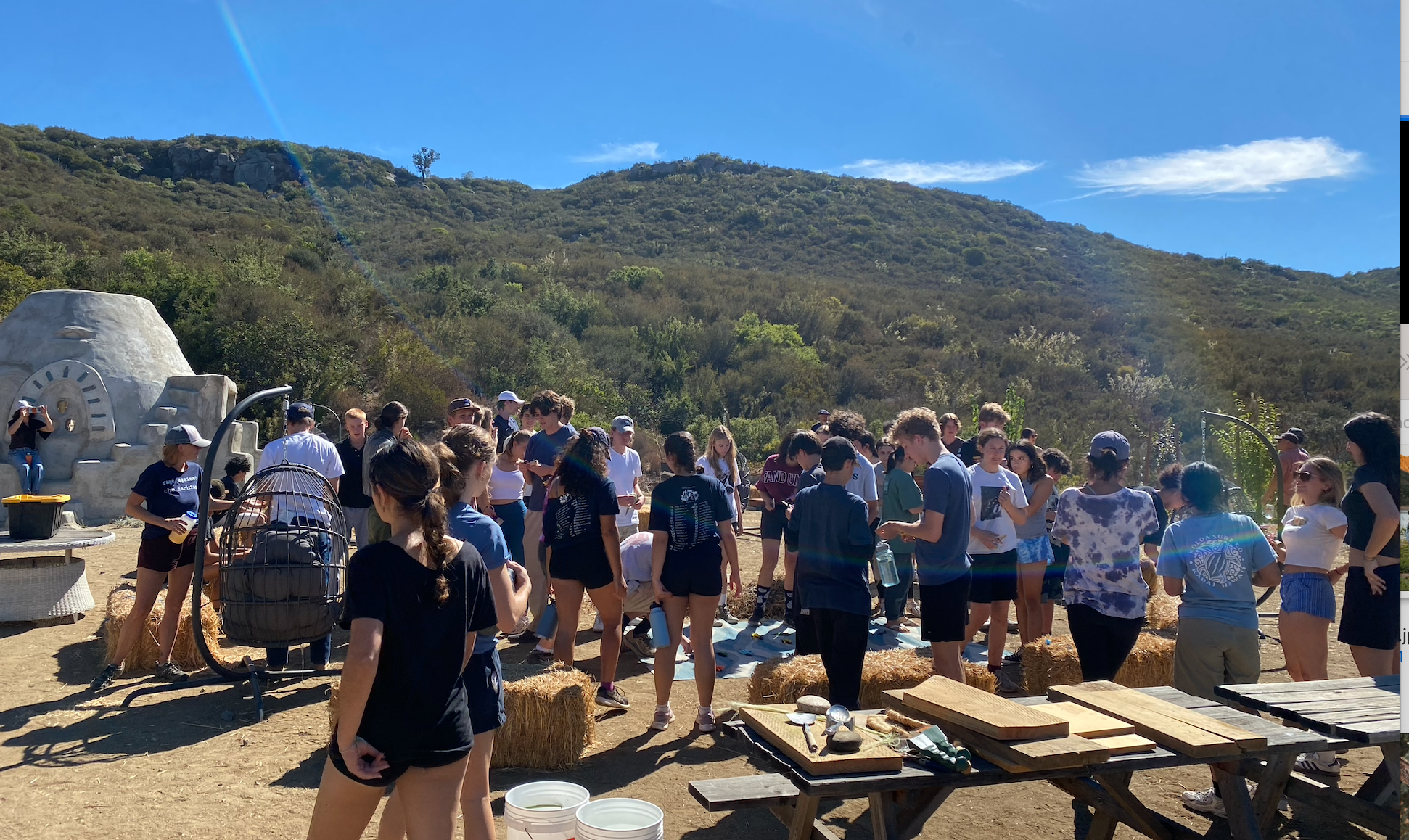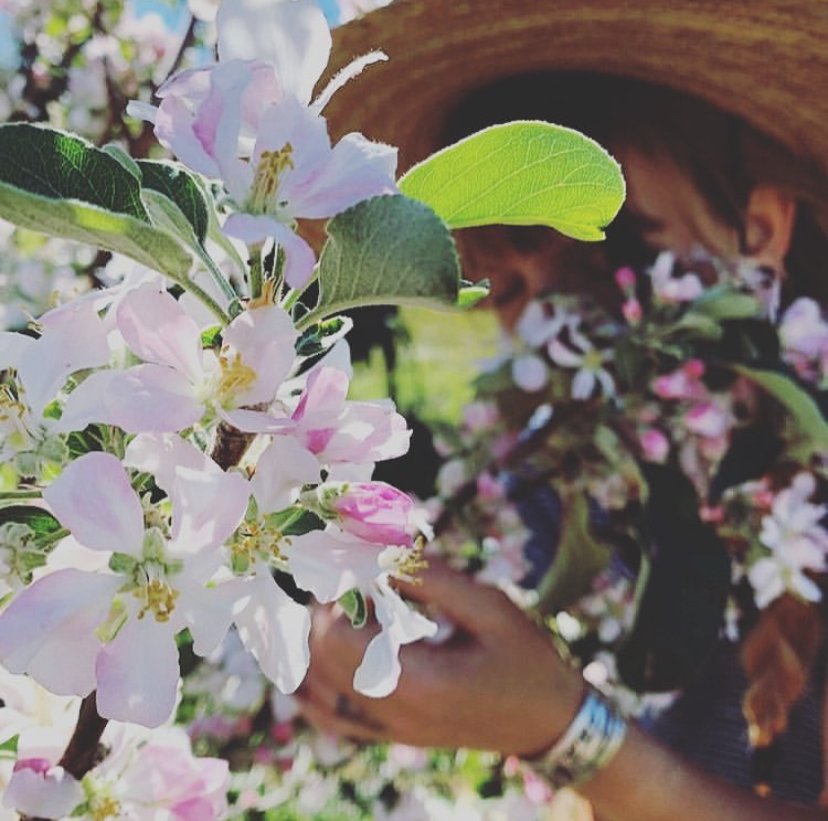Lacey Cannon: Land Relationship Consultant
Raised on Whidbey Island, Lacey Cannon’s early life centered on practical skills, hard work, and a shared sense of purpose. Even as a child, she learned to collaborate with family members while chopping and stacking firewood, setting crab pots, gathering clams, and hunting each fall. Her father—a former Marine—and her adventurous mother taught her to navigate tough terrain, whether climbing mountains, snowshoeing remote trails, or kayaking Washington’s rivers, instilling a disciplined approach to work and problem-solving. She also learned from her mother to maintain gardens, dry herbs, work with pottery and clay, and handle crafts ranging from sewing to calligraphy, knitting, and drawing. This upbringing developed a patient, methodical approach to every task and a strong capacity for learning new skills.
In her twenties and early thirties, Lacey spent a decade in the music industry, developing strong skills in management, communications, and strategic planning. She also pursued formal education in business and marketing, ensuring that her practical know-how was matched by the tools needed to navigate complex organizational systems.
Lacey married into the Waipuk Clan on the San Pasqual Reservation in San Diego for 17 years at the young age of 21, broadening her cultural perspective. Mentored by Kumeyaay ethnobotanist Dr. Richard Bugbee, she deepened her knowledge of native plants and land stewardship. Caring for him in his final years reinforced the importance of preserving and applying traditional knowledge.
Today, as the Founder and Executive Director of Indigenous Regeneration, Lacey applies these combined experiences to a range of successful projects. She has produced and directed a nine-part Kumeyaay elders documentary series, forged partnerships with Indian health clinics, and helped develop digital cultural projects like Theyumans.com. Her landscape design work has been featured at the Museum of Design in Atlanta, Georgia, and she has managed over 35 acres of native plant, creek, and land restoration, including the 7-acre Jacumba lake project. These efforts have increased culturally significant native plant palettes for Kumeyaay cultural crafts and strengthened community resources.
Lacey is a survivor of domestic violence, and her experiences have shaped her commitment to supporting and advocating for women within reservation communities who face or are recovering from similar circumstances. Drawing on her own journey, she works to connect individuals with resources, empower survivors to rebuild their lives, and ensure that all women can find safety, dignity, and the support they need.
In 2016, Lacey founded Mata’Yuum, a community hub on the San Pasqual Reservation, integrating traditional practices and sustainable methods. In 2020, she launched Paradise Tribal Farm, where she teaches regenerative agriculture, Kumeyaay ethnobotany, and land relationship practices. These programs empower Native youth and foster cultural connection in Southern California.
Whether orchestrating large-scale ecological projects, advising on cultural initiatives, or engaging in strategic partnerships, Lacey’s resourceful and land relationship approach continues to reflect the work ethic of her youth, her professional acumen, and the cultural insights learned through years of mentorship and community engagement.







